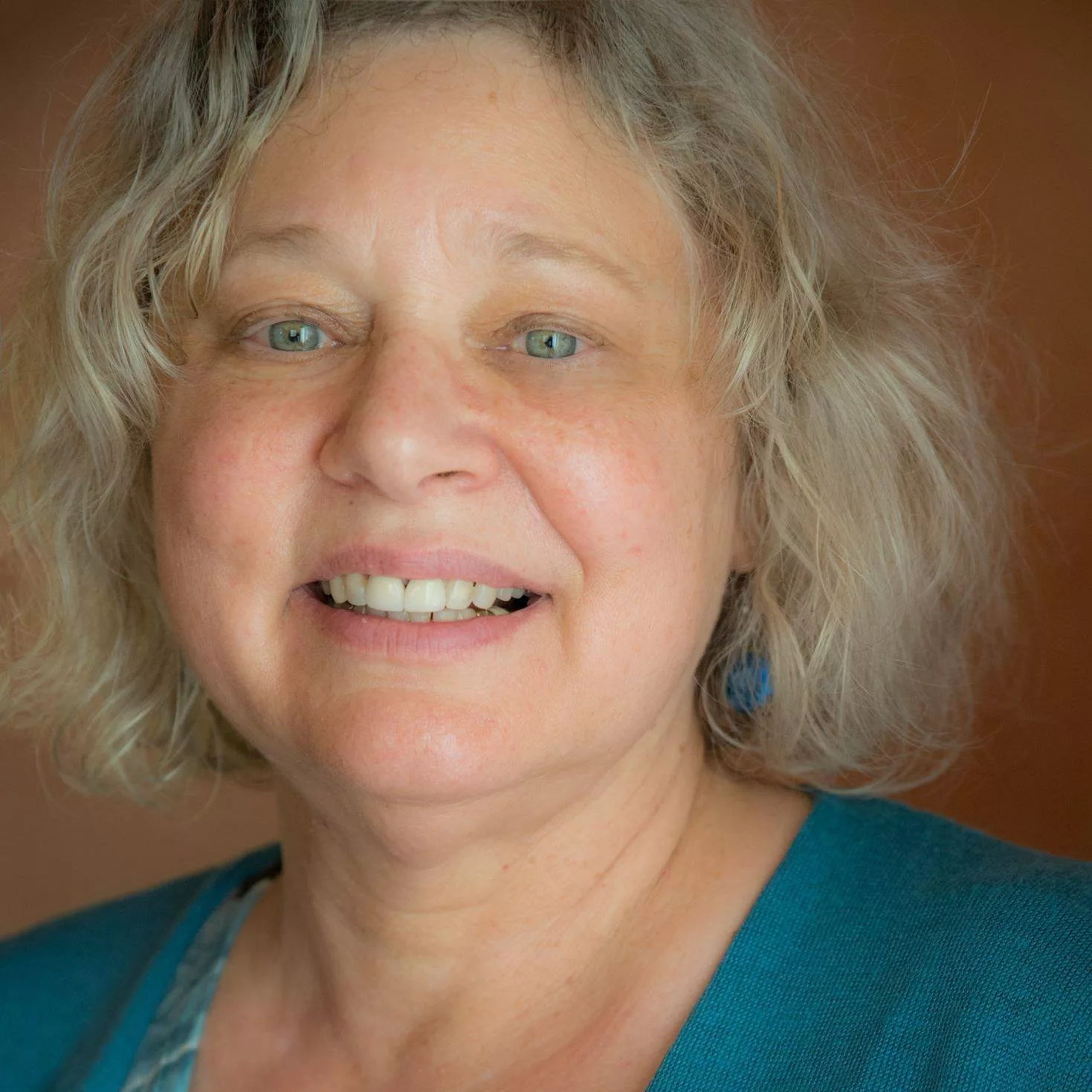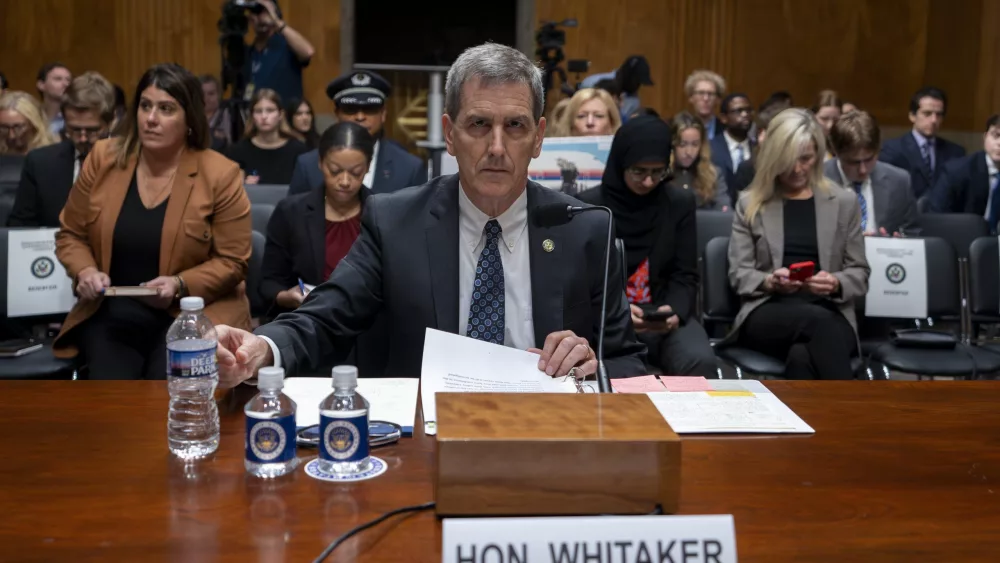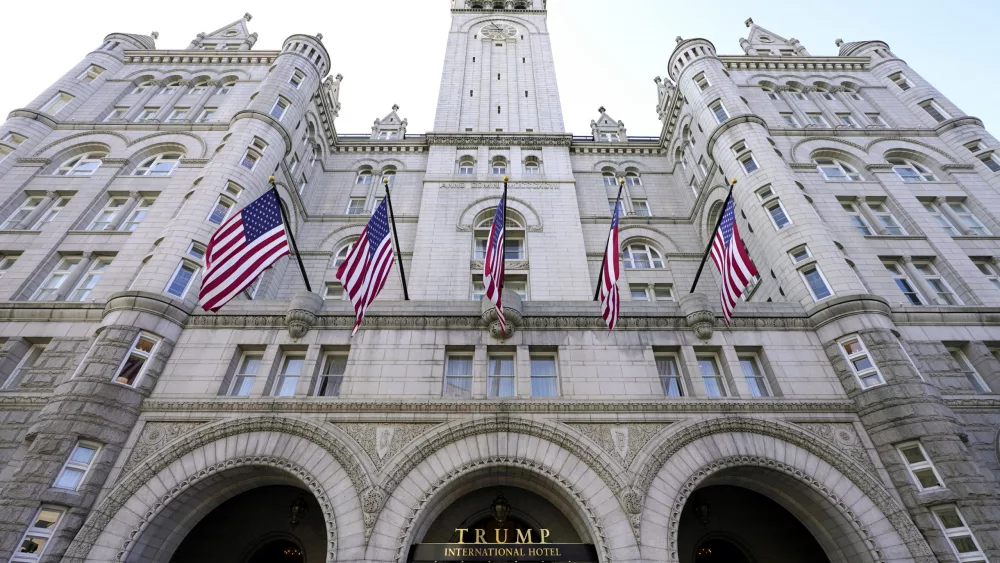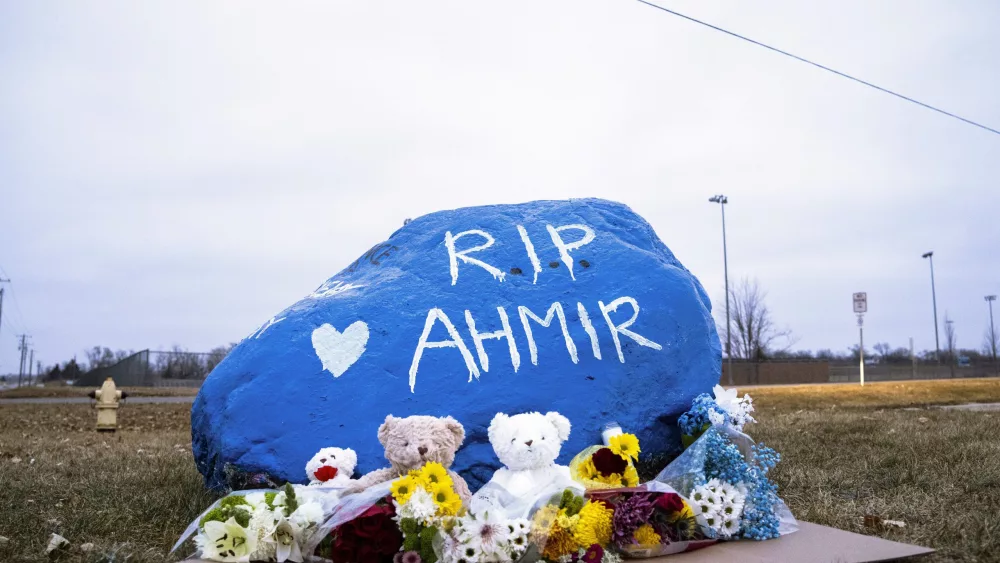America’s New Marranos: Amid Rising Antisemitism, US Jews Weigh Safety and Visibility
Jewish Americans are grappling with how to navigate public expressions of their identity and faith in an increasingly hostile environment
By Shira Dicker/The Media Line
(New York) Mothers of toddlers instruct their nannies to check the playground before calling out their children’s Hebrew names. Some customers use pseudonyms at Starbucks, collecting orders under “Tess” instead of “Tamara” or “Chuck” instead of “Chaim.” Uber profiles have been changed, using “G.” instead of “Goldberg” or “L.” instead of “Lifshitz.” Meanwhile, mezuzot are either belatedly affixed to doors or removed entirely.
As antisemitic attacks proliferate in the US, some American Jews are taking their Jewishness underground. For every loud and proud Zionist Jew who flaunts their Israeli hostage tag, Star of David necklace, or kippah in public, many others are terrified of being targeted and are opting for anonymity.
Aliza Schwartz (not her real name), a retired social worker in Philadelphia, decided to host a fundraiser on Facebook for Friends of the IDF or Bring Them Home Now after a deadly week in Israel and ahead of a milestone birthday. However, the ongoing attacks against Jews have left her fearful of being targeted.
“I’m struggling,” she told The Media Line. “I live alone and also don’t want to deal with any harassment while feeling so vulnerable and sad these days. I am probably overreacting but I am shocked by this inner process.”
Schwartz, the daughter of a Conservative rabbi who spent part of her childhood in Israel, is grappling with her sudden shyness about being overtly supportive of Israel.
And though she might figure out how to obscure her identity online, there is no hiding in real life. As a cancer patient with several complex medical conditions, Schwartz often fears that her care is subpar due to antisemitic health care providers.
She recounts being neglected in the ER of a major area hospital, despite severe bleeding, and being “fired” by a doctor after she called the office to receive test results. “Maybe I’m paranoid,” she opines, “but I don’t believe I am.”
In an upscale New Jersey suburb, Rabbi Jeffrey K. Salkin, contributing editor for Religion News Service and author, recently returned from Warsaw, Poland, where he led High Holiday services at Beit Warsawa, a progressive synagogue. He admits that while he was away, he feared the plaque he had affixed to his front door might be vandalized.
“The nameplate is an artistic representation of Jerusalem and my name in Hebrew,” Salkin told The Media Line. He bought it on a recent trip to Israel, along with a canvas bag from Hostage Square.
“In New Jersey, I often bring my bag to shop as my defiant fist. But when I gave that gift to someone I know with little kids, two things went through my mind: Number one, I would understand why you would not want to carry this outside, which makes me sad. Number two, how do you process with your little kids what ‘Bring Them Home Now’ means?”
Having recently moved to this “very liberal town,” Salkin hadn’t affixed a mezuzah before leaving for Poland. “I’m embarrassed that I was afraid. … This Reform rabbi has to think twice about a public domestic demonstration of his Judaism.
Salkin’s concerns are grounded in reality. “I live in a town where people chant, ‘We don’t want Zionists here.’ The joke’s on them,” he said. “When I moved in, they got one more.”
Defiance and fear frequently coexist in the modern American Jewish experience.
Boston-based singer/songwriter Linda Marks released a song on the eve of Yom Kippur that explores the instinct to hide one’s Jewish identity. Titled “Hidden Bloodlines, Hidden Scars,” it reflects “my lifelong practice of hiding my Jewish bloodlines (and my hidden scars) due to fear of antisemitism,” she told The Media Line.
Growing up, Marks hid her Jewish heritage due to her parents’ anxieties. With her fair skin and blond hair, she said it was easy to pass as a gentile. Lacking a formal religious education and never having attended synagogue, she tried to blend in with her non-Jewish friends, even singing in a Catholic church choir for a time.
Decades later, Marks, now a psychotherapist, reflects on the emotional and spiritual toll of concealing her Jewish identity. ‘Am I really any safer if I hide?’ she sings, publicly embracing her heritage for the first time … to mixed reactions.
After releasing the song, she was surprised by how many acquaintances asked if she was “really” Jewish. Some even questioned whether the song was “metaphorical,” she said with a wry laugh.
It was her son, a newly observant Orthodox Jew, who prompted her to confront her hidden Jewish identity, she said. “I am outing myself with this song, in this very scary climate. It has taken a lot for me to step out and be brave,” Marks said, hoping the song will “give others permission to heal.”
As the director of the Anti-Defamation League’s South Central Region, Lindsay Friedmann has found that members of the New Orleans Jewish community often look to her for reassurance about publicly expressing their Jewish identity.
For example, when local Jewish parents hesitated to send their children to preschool on the so-called Global Day of Jihad, declared by anti-Israel groups after October 7, Friedmann’s confident act of dropping off her kids provided a green light for others.
In her professional capacity, Friedmann has witnessed how local Jews have blurred their identities since October 7. Much of the feedback after the attacks, she said, has come from college students, particularly at Tulane University.
“Students were sharing stories about tucking their chai necklaces inside their shirts, not wearing something with the Israeli flag and really thinking about what they wore to class,” she told The Media Line.
Friedmann also received reports of Uber drivers canceling rides after learning their passengers were Jewish or refusing to drive to Jewish locations. As a result, many people, including Friedmann, changed their names on their Uber profiles.
“I went on my Uber profile and made sure it only had my last initial,” she said. A recent ride with a driver displaying a Palestinian flag confirmed her decision.
“I have felt grateful that I made that shift,” she said. It wasn’t that she felt unsafe, but she “didn’t want to have the conversation” that might ensue if she presented as overtly Jewish in such a polarized, politicized environment.
Friedmann noted that American Jews are often a hidden minority until it comes to their names. “Most of us are white-facing,” but our names often “scream who [we] are in a way that makes [us] a target,” she said.
In both her work and personal life, she strives to instill pride in her children’s Jewish heritage. While she is not afraid, she is more aware of the threats faced by American Jews.
She added that this issue is part of an ongoing communal conversation.
Mental health professionals are observing “adaptive behaviors” among American Jews in response to antisemitism and anti-Zionism.
Esther Silver (not her real name) is a clinical social worker in New York, working at a major hospital and running a private practice.
When asked about the behaviors she is seeing, she sighs deeply. “Every day, it’s another story. Jewish colleagues are not sharing the information that they visited Israel,” she told The Media Line. One colleague told her co-workers she had been in Europe, as she had briefly stopped in Brussels on her way to Israel.
Silver is the grandmother of young children with Hebrew names whose parents fear for their safety in city playgrounds. Her daughter not only scouts the area before calling their names but has also advised the nanny to “be aware of how ‘Jewishly’ they are talking,” Silver said.
A friend’s child, who learned “Hatikvah” at her Jewish school, has taken to singing it in public, causing her parents considerable anxiety, Silver reported.
In Manhattan, this anxiety is pervasive. “Just today I got a referral for a new patient. He is a professor and antisemitism among his colleagues and on campus is getting to him. Friendships are ending. Even people in interfaith marriages are suddenly navigating what it means for one of the spouses to be Jewish … and the other not.”
While many American Jews are concealing their identities, others feel compelled to express their Jewishness openly. The ADL’s Friedmann states that while college students initially hesitated to declare their heritage, she’s noticed a renewed commitment to Jewish and Zionist expression in recent months.
“There is a shift to reclaiming one’s Judaism,” she said. Students initially suppressed their identities after October 7, but now, “they want to take that power back.”
One of the most visible Jewish symbols during this holiday season is the sukkah, the temporary hut where Jews gather to celebrate the weeklong festival of Sukkot. Even in this anxious moment, sukkahs have started to dot the streets, backyards, porches, and alleyways of private homes and public thoroughfares alike.
One campus displaying three sukkahs this year is the University of Maryland. “We built our normal two sukkot at Hillel this year and students just built one at Hartwick,” reported Ari Israel, executive director of the school’s Hillel chapter, to The Media Line.
The Hillel also hosted an outdoor vigil for the victims of October 7, drawing over 1,100 people without incident, he said. While some students prefer to hide their religious or Jewish symbols, “the overwhelming majority who wore Jewish stars, Jewish/Israeli t-shirts or kippot are still doing so visibly and publicly,” he said, echoing Friedmann’s observation of burgeoning Jewish pride one year after the attack.
For Rabbi Anne Brener, being publicly Jewish is a source of comfort. She is delighted to display a sukkah in her yard this year, after many years of not having one due to health and mobility issues.
At this point in history, the Los Angeles resident finds comfort in Jewish rituals and traditions. “I’ve been thinking about it quite a bit and speaking about it,” she told The Media Line. “For those of us who know what it is to be Jewish, who really get it, our heritage is an enormous solace,” she said.
An author, psychotherapist, and professor of ritual and spiritual development at the Academy for Jewish Religion-California, Brener is entering Sukkot while reflecting on the Nova Music Festival exhibit she recently visited. She is thinking of the murdered participants as the holiday begins.
“These kids were such a statement of freedom and peace, and they were attacked by people screaming that they were committing murder in the name of God. It’s freedom versus fundamentalism. I haven’t put up my sukkah in years, and I can’t wait to decorate it.”
Brought to you by www.srnnews.com








